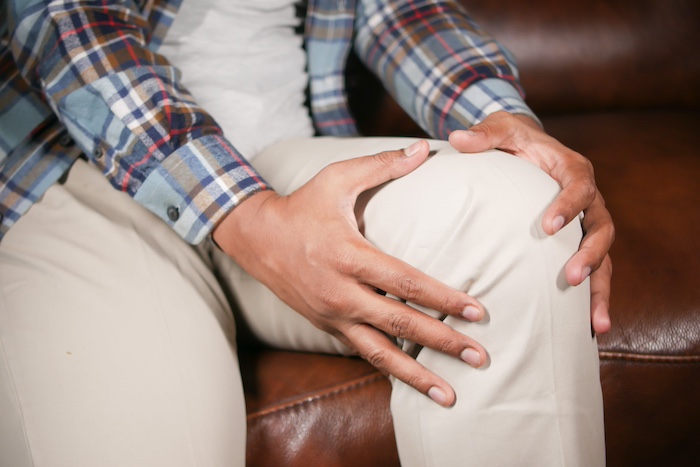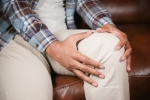
For people living with arthritis, it can be tough to balance completing your daily chores around the house while keeping your condition in check. Making modifications to your everyday activities, whether it’s by using proper joint mechanics or different devices or tools, is a great way to begin. Coming up with an at-home management program -- and sticking with it -- can help you get through the day with less arthritis pain.
Here are some tips for managing your arthritis while you’re going about your daily activities at home.
Spread out your household chores during the week
Some household tasks are more strenuous than others and put a lot of stress on your joints. Make a list of these activities and try to plan your week ahead of time so that you don’t end up stacking all the difficult tasks in one day. Try to avoid doing the laundry, scouring your bathroom, and cooking an elaborate meal back-to-back on a Saturday afternoon. Spreading out these activities can help you avoid increased inflammation and fatigue.
Rely on your larger joints
If you have arthritis in your hands, get some help from your larger joints, such as your elbow or shoulder. Carry grocery bags in the crook of your elbow instead of hooked on your fingers. When opening a jar, try to turn from your shoulder instead of your wrist.
Lighten the load
Buy food and beverages in smaller containers. Use smaller trash bags/bins as well as smaller pots and pans. Hold items with two hands when possible. You can place heavier pots on a kitchen towel and slide it across the counter.
Widen your grasp
Grip with your palms instead of tightly squeezing with your fingers (a piece of non-slip material helps here). This can go for opening jars or even holding a spoon or whisk while stirring.
Use the right tools
Some tools you may have around the house already. For example, try using a small food processor or chopper instead of a knife to cut vegetables If you are looking to purchase specific items online, search for “adaptive equipment,” “arthritis tools or utensils,” or “built-up handle AND [insert the activity or tool you want to use].” These include:
- wide, easy-grip handles (you can make these yourself with tape or a self-adhesive wrap) on kitchen tools, writing utensils, and grooming items to ease the strain on your finger joints
- lever doorknobs and built-up key grips that allow for a looser grip
- multi-use easy-grip bottle openers for cans, jars, and twist caps of all sizes
- pump bottles you can push down with your palm
- long-handled grabbers and other devices to help you avoid excessive reaching and bending (think high shelves, deep tubs, and laundry machines)
Try at-home arthritis treatments
There are several therapies that you can try at home to manage pain. These include:
- compression gloves, to help keep joints warm and reduce swelling
- paraffin, a warm wax that increases circulation and temporarily helps with stiffness (a simple heating pad can have the same effect)
- splints, to help provide support for arthritic joints of the hand and ease the strain caused by certain activities (or even at nighttime to help reduce stiffness in the morning)
Make time for exercise
It’s important to find ways to move, especially when you are spending a lot of time at home. Exercises designed to maintain flexibility and promote joint stability may help to limit the effects of arthritis on your ability to do the things you need and want to do. Focus on keeping your movements slow and controlled and within a comfortable range of motion, and don’t push through pain.
Get enough rest
While motion is essential, adequate rest is just as important. Planning to avoid the onset of fatigue and pain is effective, but your body’s response to what you do may change from day to day. Try to avoid repetitive tasks that continuously put stress on your joints and change your position often. Listen to your body and take breaks as needed.
Precision Pain Care and Rehabilitation has two convenient locations in Richmond Hill – Queens, and New Hyde Park – Long Island. Call the Queens office at (718) 215-1888 or (516) 419-4480 for the Long Island office to arrange an appointment with our Interventional Pain Management Specialists, Dr. Jeffrey Chacko or Dr. Sonny Ahluwalia.













